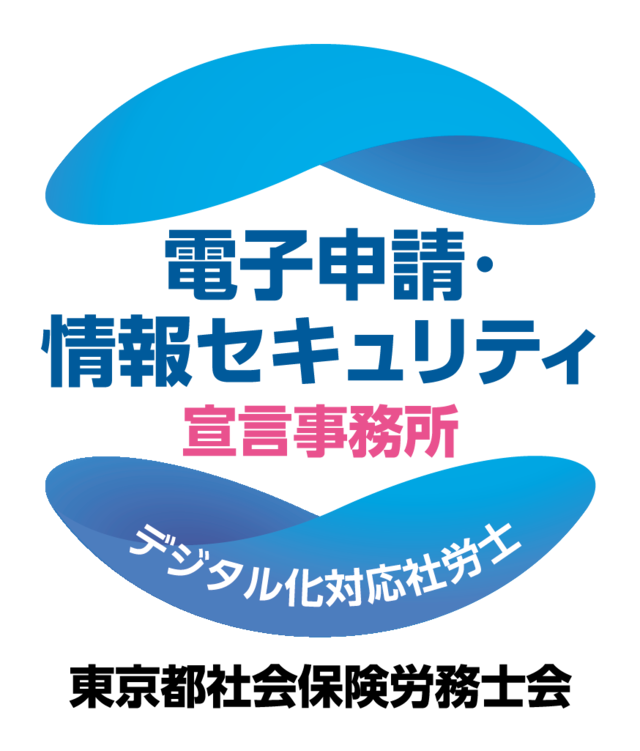ー雇用支援、労務支援、Visa手続き、翻訳ー 行政書士・社会保険労務士 せきぐち事務所
人と法をココロでつなぐ。
〒103-0013
東京都中央区日本橋人形町3-3-5 天翔日本橋人形町ビル803-E
営業時間 | 9:00~18:00(土日祝を除く) |
|---|
フォームからのお問い合わせは
24時間受け付けております。
Basic Knowledge about Labor Standards Law
1. Labor Contract(労働契約 - Rodou Keiyaku -)
An employer has to clearly state the working conditions when a labor contract is drawn up.
The followings should be written and handed to an employee.
- Period of the labor contract
- If the fixed-term employment contracts are renewed or not; if they are, specify the conditions under which it will be renewed.
- Working place and job duties
- If an employee is supposed to work overtime or not
- Time at which work begins and ends, breaks, days off, and leave
- The amount of wages, the methods of payment calculation and the date of closing accounts and of payment
- Termination of the labor contract (including reasons for dismissal)
2. Working Hours(労働時間 - Rodou Zikan -)
Legal working hours per week are 40 hours. The Labor Standards Law stipulates that an employer shall not make an employee work more than 8 hours per day and 40 hours per week. The fixed working hours of each company cannot be longer than the legal hours.
3. Holidays(休日 - Kyuzitsu -)
The Labor Standards Law stipulates that an employer shall provide employees with at least one holiday per week.
4. Work Breaks(休憩時間 - Kyukei Zikan -)
The Labor Standards Law stipulates that an employer shall provide employees with at least 45 minutes of break time for a work day of over 6 hours, and one hour of break time for a work day of over 8 hours.
5. Overtime Work and Work on Holidays
(時間外労働・休日労働 - Zikangai Rodou, Kyozitsu Rodou -)
When an employer wants employees to work beyond the legal working hours or on holidays, so-called “36 agreement”(a written agreement about overtime work and work on holidays) must be concluded between the employer and a representative of the employees and submitted to the Labor Standards Inspection Office.
The employer must pay increased wages for such work under the Labor Standards Law. The rate of premium for overtime work and late-night work (defined as work between 10 pm and 5 am) is 25% or more and it is 35% or more for work on a statutory holiday (one holiday per week).
6. Annual Paid Leave(有給休暇 - Yukyu Kyuka -)
The Labor Standards Law stipulates the annual paid leave system so that employees may take leave at any time and enjoy a pleasant life. An employee can request paid leave anytime but may be asked by the employer to change the date(s) of the leave if the employee’s absence in the requested period would interfere with the normal operation of the company.
The law stipulates that “An employer shall grant annual paid leave of 10 working days, either consecutive or divided up into portions, to an employee who has been employed continuously for 6 months calculated from the day of hiring and who has reported for work on at least 80%of the total working days”.
An employee who meets the requirements above can obtain some days of annual paid leave every year. It is also defined in the law how many days the employee may obtain after how long he or she continues working for the company.
At first an employee obtains 10 days of paid leave six months later. After that, 11 days after one and half years, 12 days after two and half years, 14 days after three and half years, so as increased up to the maximum of 20 days after six and half years.
Not that the right to use the annual paid leave will be expired in two years.
7. Dismissal(解雇 - Kaiko -)
In accordance with Civil Law, an employer has a right to propose to terminate an employment contract as one party of the contract. However, as dismissal affects the employee’s life, Japanese labor laws impose severe restrictions on dismissal.
The Labor Standards Law stipulates that “A dismissal shall be treated as an abuse of right and be invalid if it lacks objectively reasonable grounds and is not considered to be appropriate and acceptable in the society”.
8. Employee’s List(労働者名簿 -Rodousya Meibo-)
The Labor Standards Law stipulates that an employer shall make an employee list when hiring an employer and maintain it until three years after the employer resigns.
The followings regarding employees should be written in the list.
- Name
- Date of birth
- Job history (and academic record)
- Address
- Job duties
- Date of employment
- Date and cause of dismissal or resignation
- Date and cause of decease
9. Payroll Book(賃金台帳 - Chingin Daityou -)
The Labor Standards Law stipulates that an employer shall make a payroll book when starting paying to an employer and maintain it until three years after the date on which it is written last.
The list will be also necessary when applying for benefits regarding social insurance.
The followings regarding employees should be written in the list.
- Name
- Sex
- Wage calculation term
- Working days
- Hours of overtime work, late-night work and work on holidays
- Amount of wages, allowances and other payment
- Amount of deductions
10. Time Sheet(出勤簿/タイムカード - Syukkinbo -)
An employer should manage and control work hours for each employer and keep records of them in the format of time sheets. Time sheets are necessary not only for payment but also for benefit application regarding social insurance.
Time at which work begins and ends should be recorded for each working day in the sheet.
お問合せはこちら
お問合せは、「お問い合わせフォーム」からのみ受け付けております。
まずはお気軽にご連絡ください。
受付時間:9:00~18:00(土日祝を除く)
住所
〒103-0013
東京都中央区日本橋人形町3-3-5
天翔日本橋人形町ビル803-E
人形町駅(東京メトロ日比谷線/都営地下鉄浅草線)A5出口 徒歩3分



